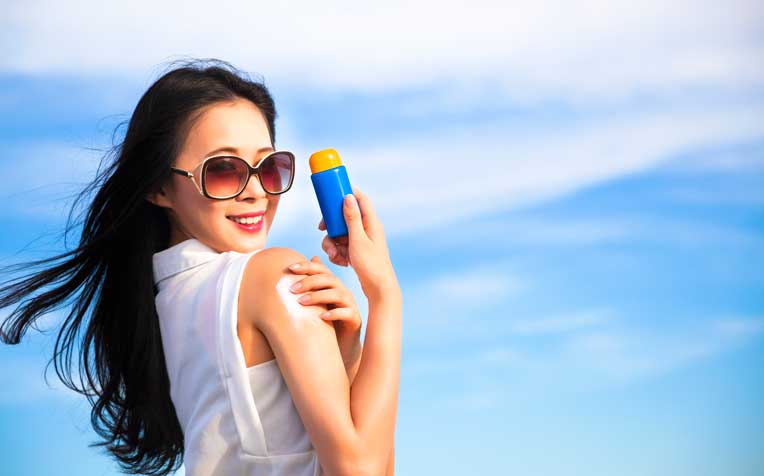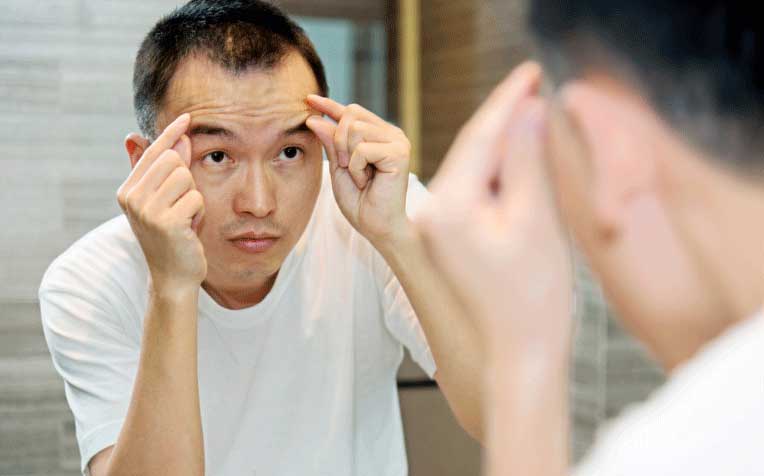HealthXchange will NEVER ask you to transfer money over a call. If in doubt, call the 24/7 ScamShield helpline at 1799, or visit the ScamShield website at www.scamshield.gov.sg.
Skin Ageing: Environmental Factors

Skin ageing is exacerbated by environmental factors such as pollution and UV rays.
How environmental factors contribute to premature skin ageing
Ultraviolet (UV) rays
- Ultraviolet rays in sunlight damage the elastin and collagen fibres, causing the skin to wrinkle and sag.
- Ultraviolet rays also release unstable molecules called free radicals. These free radicals affect the skin’s ability to hold moisture, causing dryness.
- Prolonged exposure to ultraviolet rays can increase production of the skin pigment melanin, causing uneven darkening of skin and age spots.
- Ultraviolet rays cause skin cancers.
What is the difference between UVA and UVB rays in sunlight?
Ultraviolet radiation in sunlight has rays of different wavelengths that are classified as UVA (long wave) and UVB (short wave). Sunlamps in tanning booths typically emit UVA rays.
UVA rays penetrate deep into the skin, damaging both the epidermis and dermis. They play a major part in skin ageing and wrinkling by accelerating the breakdown of collagen in the dermis and causing the accumulation of abnormal elastin fibres. Thus, to prevent skin ageing, you need a good sunscreen that blocks UVA rays.
UVB rays don’t penetrate as deeply as UVA rays and tend to damage the outer epidermis layer, causing skin reddening and sunburn. Both UVA and UVB rays increase melanin production, the cause of age spots.
The same degree of exposure to UV rays affects people with fair skin more than those with pigmented skin. “UV rays are the most important cause of skin ageing and skin cancers,” says Dr Pang Shiu Ming, Senior Consultant at the Department of Dermatology at Singapore General Hospital (SGH), a member of the SingHealth group.
Other causes of early skin ageing
Other factors that can cause early skin ageing includes air pollution and environmental toxins.
Gravity contributes to the sagging of skin.
“It’s important to begin to protect your skin from the sun and other environmental stressors when you are young. Excessive exposure to the sun in your teens and 20s can be harmful in the long term, causing signs of early skin ageing to appear in your 30s or even earlier,” says Dr Pang.
Read on to find out how you can prevent premature skin ageing.
Ref: S13
Contributed by
Related Articles
Public Events
Get the Health Buddy App
© 2025 SingHealth Group. All Rights Reserved.
















 Get it on Google Play
Get it on Google Play